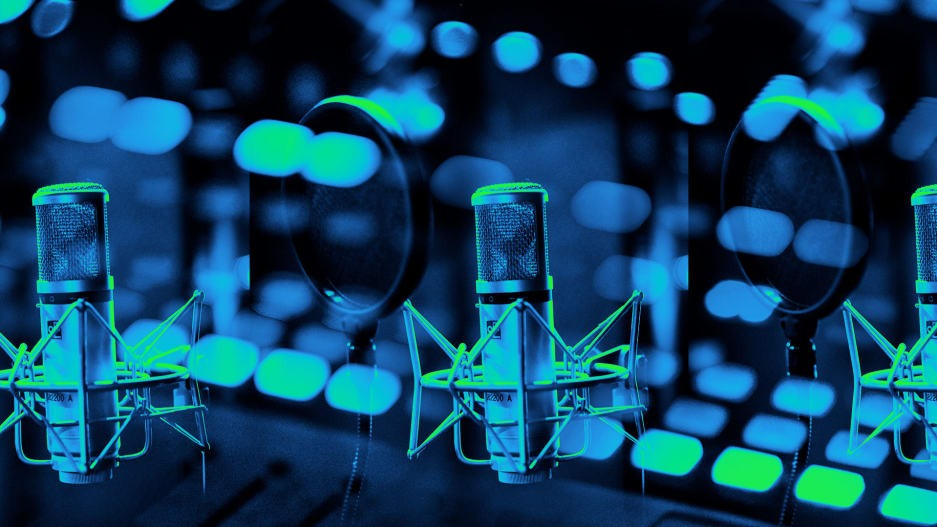- | 8:00 am
Music publishers are suing Anthropic for training its AI model on their song lyrics
The lawsuit represents a new front in the music industry’s fight against generative AI tools trained on labels’ IP.

Three of the biggest music publishers are suing AI company Anthropic, alleging that its AI models violate copyrights for their song lyrics. Universal Music Group, Concord Music Group, and ABKCO Music filed the lawsuit in Nashville division of the U.S. District Court for the middle District of Tennessee, signaling a new approach to the music industry’s efforts to prevent AI companies from training their models on copyrighted materials.
At the center of the suit is Claude, Anthropic’s AI model, which the publishers say has been trained on content from across the internet, including the lyrics to a slew of songs whose publishing rights the plaintiffs control. As a result, the company’s AI chatbot can provide lyrics to songs like “Sweet Home Alabama” or “Gimme Shelter” when prompted.
“There are already a number of music lyrics aggregators and websites that serve this same function, but those sites have properly licensed Publishers’ copyrighted works to provide this service,” the lawsuit says.
More than merely generating lyrics when directly asked to, the lawsuit alleges that Anthropic’s chatbot will replicate lyrics from copyrighted songs even to indirect prompts—writing a song about a similar topic or writing poetry or short fiction that emulates an artist’s style—and doesn’t acknowledge any rights holders. As part of the suit, the companies attached an exhibit with 500 songs—by everyone from the Beach Boys to Ariana Grande—that the companies allege their copyright was infringed upon.
Beyond that, the publishers say, the company has profited by licensing and offering access to chatbots powered by Claude and the API that integrates into software developed by Anthropic’s commercial clients. “One of the reasons that Anthropic’s AI models are so popular and valuable is because of the substantial underlying text corpus that includes Publishers’ copyrighted lyrics,” the suit says.
By targeting an AI company that has built an LLM—especially one like Anthropic, which has touted a responsible approach to building its model with a set of guiding principles intended to reduce harm—it’s clear that music industry power players are interested in fighting generative AI companies of any stripe that might infringe on their copyrights.
It’s an approach that’s in line with the Human Artistry Campaign, an industry-wide effort launched by the RIAA and labels like UMG in the spring that’s focused on responsibly using AI in the industry. Before Wednesday, efforts had largely focused on how generative music tools train their models—including UMG asking streamers like Spotify and Apple Music to prevent companies from using their catalogs to train AI models.
In September, UMG announced a partnership with streamer Deezer focused on promoting music by artists with a certain number of monthly listeners and demonetizing what it calls “non-artist noise audio.”
Anthropic did not respond to request for comment about the lawsuit.







































